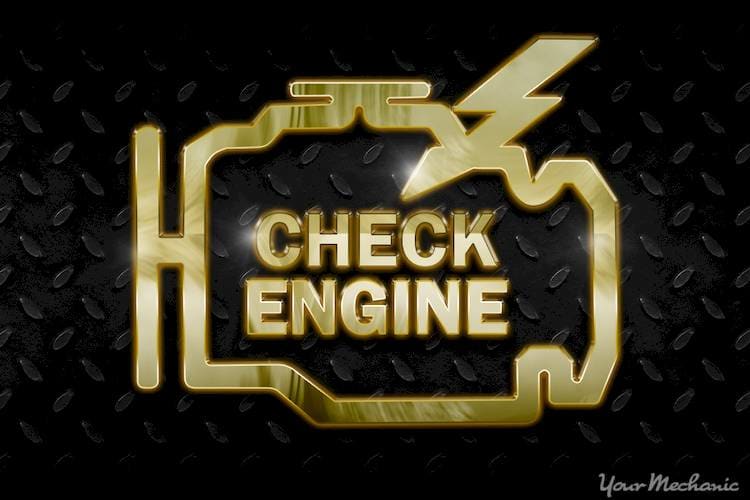What the P2045 code means
The P2045 code indicates that your powertrain control module (PCM) has recognized a malfunction in the reductant injector air pressure sensor circuit. The job of the reductant injector is to reduce noxious gases that are expelled through the diesel particulate filter or, more commonly, in your catalytic converter.
What causes the P2045 code?
There may be a number of causes for the P2045 code. You may have broken, loose, burned, or corroded wiring or connectors. This is the most common cause for this code. Some other causes may include a short in your exhaust gas temperature sensor, a faulty sensor, an aftermarket off-road exhaust system that leads to a decrease in back pressure or a severe exhaust leak upstream from your vehicle’s exhaust temperature sensor.
What are the symptoms of the P2045 code?
You will probably notice an excess of black smoke each time you accelerate. However, other than that you will probably not see any other signs that something has malfunctioned.
How does a mechanic diagnose the P2045 code?
You will need several tools, including an OBD-II scanner and a digital volt/ohmmeter, to diagnose this code successfully. Always begin with a careful visual inspection of all wiring and connectors. Replace or repair any damaged, shorted, or corroded wiring and connectors. Next clear the code, start your vehicle and check to see if the code returns. This will tell you whether the malfunction is intermittent.
If the code reappears, continue with a visual inspection of the exhaust gas temperature/pressure sensors and system circuitry. Note carefully where your wires and connectors are located in relation to the hot exhaust components. If all of the exhaust gas temperature/pressure circuitry appears to be working as it should, then proceed with the diagnostic procedure. Using your digital volt/ohmmeter, test the resistance of the exhaust gas temp/pressure sensor. Typical resistance for this sensor should be approximately 150 ohms but make sure to check your manufacturer’s specifications.
Common mistakes when diagnosing the P2045 code
A common mistake is to replace your camshaft, wheel speed sensors, and crankshaft position sensors. Replacing these is not likely to solve the problem. In order to properly diagnose your issue, you will need the proper diagnostic equipment. You can acquire this equipment yourself, or you can take your vehicle to a professional technician who can diagnose the problem for you.
How serious is a P2045
A P2045 is serious and in most cases should be examined by a professional technician. You will also need specialized equipment to diagnose this problem, so unless you have this equipment, you should take your vehicle to a professional technician.
What repairs can fix the P2045 code?
Typically, if there is less than 50 ohms of resistance, you will need to replace the sensor. Observe the resistance level of the sensor as the temperature is elevated to see if it decreases. If the resistance level does not decrease with heat, you know you will need to replace the sensor. However, if everything seems to work so far, turn your vehicle on and check for a voltage and a ground signal at the exhaust gas temperature/pressure sensor electrical connector. If there is no low voltage on the signal wire, you will need to disconnect the PCM connector and do a continuity test on the wire using your digital volt/ohmmeter. If you don’t see any continuity, the PCM may be faulty. But please note that PCM failure is very rare.
A P2045 can be a complicated issue to solve. It may require that you purchase or rent expensive diagnostic equipment, which still does not guarantee that you will correctly diagnose the problem. It is very important to do the proper amount of research before you attempt any labor on your own.
Need help with a P2045 code?
YourMechanic offers certified mobile mechanics who will come to your home or office to diagnose and repair your vehicle. Get a quote and book an appointment online at (https://www.yourmechanic.com) or speak to a service advisor at 1-800-701-6230.
Check Engine Light
trouble codes
P2045





